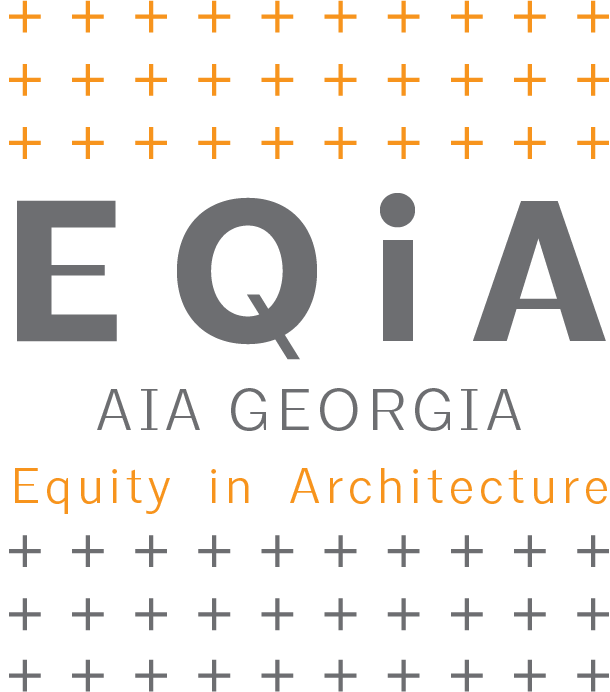Black Lives Matter
Equity in Architecture is committed to advancement of the profession and we stand in solidarity against the systemic racism of our profession.
As of 2019 NCARB, there are 116,242 licensed architects in the US. 2,325 are Black architects. Just 478 of those are Black female architects.
Please check back for updates as we develop ideas to learn how to make positive change in our members, our community, and our profession. Click on the links below for more information.
100+ Anti-Racist Resources for Architects (actual Anti-Racist Design Resource list available through Architizer page)
Racism and Discrimination on the Mental Health of our Black Communities
15 actions firms can take / things firms can do
1. Support publicly: publicly publish suppport for minority communities and individuals. Condemn silence, using your voice and platform to reach a broader audience. Share.
2. Communicate: promote conversations about diversity and encourage more talks. Allow all parties to take part in the conversation to move efforts forward.
3. Leverage internal resources: leverage firm resources to support staff and employees impacted by racial injustice.
4. Create council / board: create a council / task force to elevate the conversation to the highest levels of leadership. Ensure that this group is empowered to actually make change. The direct ears of leadership should hear from this council.
5. Track diversity: actively track the status quo of diversity within your organization and digest the metrics. Make it a point to increase diversity in areas lacking, by setting goals. Use the council / task force to review these metrics and provide input.
6. Provide leadership training: have leadership engage in anti-racism and inclusion training programs. Make this a component of the mandatory hiring / promotion process.
7. Mandate staff training: schedule bias and prejudice training for all organization employees.
8. Diversify recruitment: support the retention and attraction of minority colleagues. Expand outreach to minority students, schools, and universities.
9. Promote black leadership: increase black & minority leadership by 100%.
10. Offer advancement training: create a leadership program to develop minority staff. Engage more diverse candidates if a program is already in place.
11. Diversify suppliers: actively support diverse suppliers by retaining services and partnering. Strengthen relationships with mbe/wbe (minority & women business enterprises) consultants
12. Perform pro-bono work: commit hours to pro-bono work that positively impacts diverse communities or entities advancing the work of equity for such communities.
13. Donate: become a sponsor for non-profits or sponsor events that are educational opportunities to combat racism and prejudices.
14. Sponsor learning fund: commit funds and scholarships to underrepresented groups for education, training, credentialing, and leadership.
15. Publish progress: publish findings through conversations, research, training, and metrics of the progress made by implementation of diversity initiatives and plans. Share insights to spread the word of impactful change.
Pre-requisite: support NOMA and other justice, equity, diversity, and inclusion (j.e.d.i.) initiatives.
This was produced by The TALK - redirected by NOMA Atlanta. To read more from NOMA Atlanta on how to improve racial injustice in our profession and society, please see click here for the full text.
